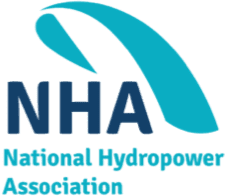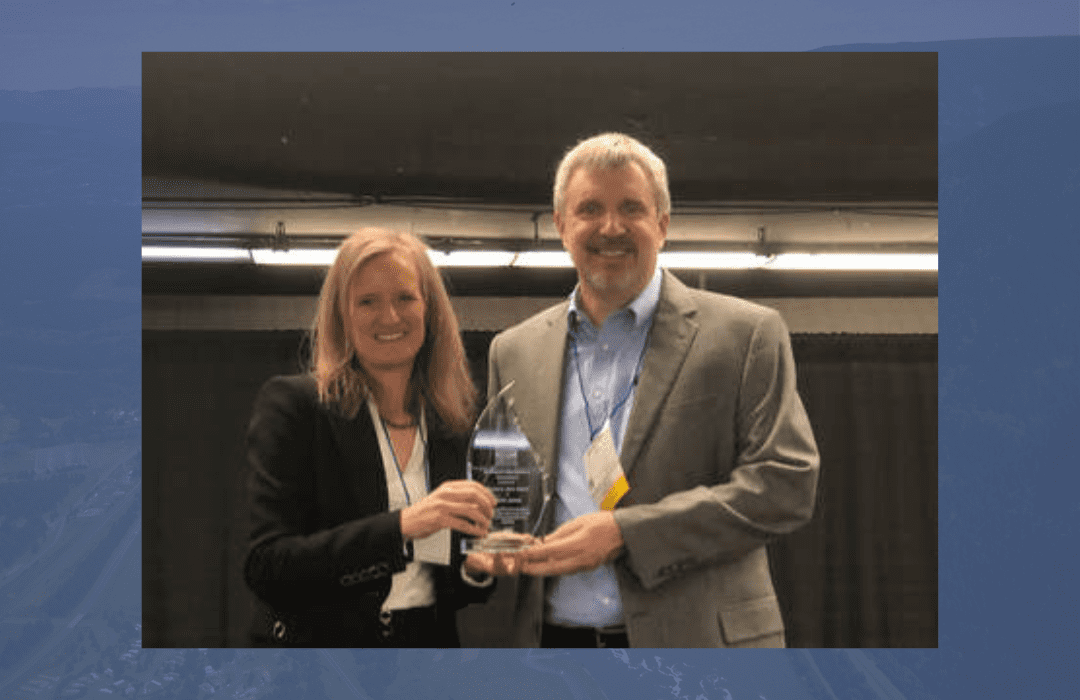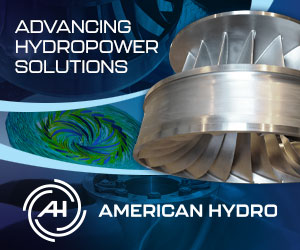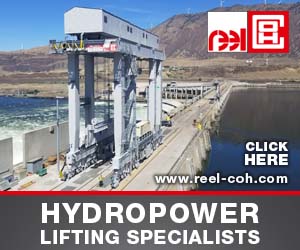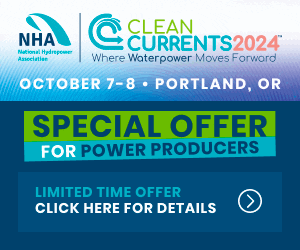Mark Jones was the recipient of the 2023 Pamela E. Klatt award – a recognition presented by the Northwest Hydroelectric Association to honor individuals for their leadership and service contributions to the Northwest hydroelectric industry.
Growing up, Jones was captivated by the grandeur of dams and reservoirs, inspired by stories of their construction and the role these structures played in providing clean energy. With deep-rooted connections to the Pacific Northwest and its history of waterpower, Jones developed a profound interest in hydropower, which eventually led him to pursue a career in the industry.
When POWERHOUSE spoke with Jones, he stressed how his career has been defined by the immense value of mentorships. Jones had the privilege of learning from exceptional mentors who instilled in him the importance of considering the bigger picture and long-term impact of one’s work.
Recognizing the need to nurture emerging talent, Jones has devoted himself to guiding and developing young professionals by sharing his knowledge and experiences. Jones’ efforts to recruit, develop, and retain talent have been instrumental in building strong, innovative teams driving the industry forward.
POWERHOUSE caught up with Mark Jones to learn more.
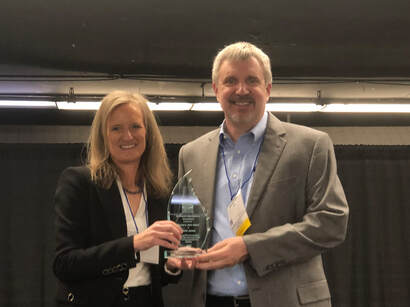
Mark Jones receiving the Pamela E. Klatt Annual Award.
POWERHOUSE:
How has receiving the Pamela E. Klatt award been impactful and representative of the time you’ve dedicated to the hydropower industry?
Mark Jones:
Receiving this award has been humbling because I don’t go after awards or titles; it’s always been about what I can contribute. I attribute that to my childhood – how I was raised to help my neighbors and other important values.
When I first got the call, it was a mix of emotions – surprised, excited, honored, and I was also kind of embarrassed. It wasn’t until the next day that I realized that all these emotions led me to a sense of being humbled.
I’ve known some of the individuals that have received this award before, and they were leaders of the industry. I have spent virtually my entire professional career working in hydropower, and I think one of the things that the award focused on was the way I mentor people, and my ability to look at things beyond the scope of an individual project and ask, “What’s best for the region?” or “What’s best for the nation?”
I spent my career learning from other people, and I’ve always had a passion for hydro.
POWERHOUSE:
How did you get into hydro?
Mark Jones:
My career in hydro began early, as I worked on the design of a small hydro project in Oregon. I also had the opportunity to work for the Federal Energy Regulatory Commission (FERC), which I did for 15 years, but I left them as their Deputy Regional Director, based in Portland, Oregon, in 2000.
I had the opportunity to work for the Bonneville Power Administration on some special projects, and then shortly after that I got hired as their Federal Hydro Manager. Later, I moved into the Generating Assets Manager role, and it wasn’t just hydro, I also worked on the nuclear side, too, but hydro had always been a passion.
I’ve been in this work for a long time, and I’ve done a lot to try to mentor the next generation, teach them, and bring them forward. When I got the award, my connection to the bigger picture was recognized. Currently, I work for HDR, and when I’m looking at projects, I look for not just that which will benefit HDR, but that which is beneficial to the industry as a whole.
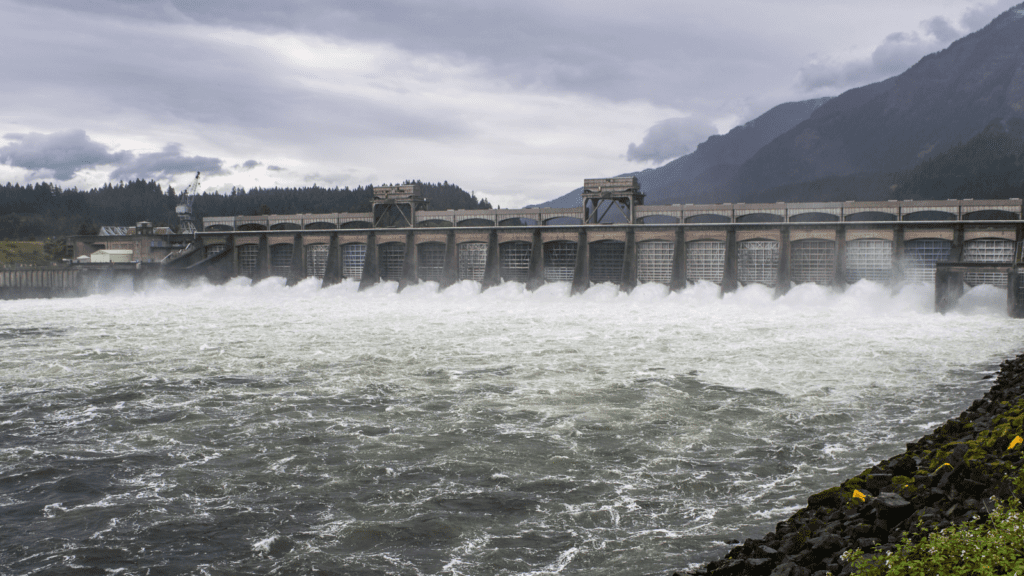
Photo of the Bonneville Dam on the Columbia River between Oregon and Washington.
POWERHOUSE:
You mentioned a family connection to hydropower. What experiences drew you to the industry?
Mark Jones:
I grew up hearing about my grandfather, who was a farmer and a carpenter, and he couldn’t make a living with just the farm, so he had to go out and do carpentry work, and the construction of Bonneville Dam was one of the projects he worked on. I also had an uncle that worked on the construction of one of the Lewis River dams.
We did a fair amount of traveling, as my dad was very much into nature. We would go to various areas in the Pacific Northwest, many of which had dams and reservoirs. They were located in amazing places, and the environments were beautiful. I was constantly wowed by the size and scale of everything, so I considered that hugely intriguing.
POWERHOUSE:
Currently, what role does hydropower play in your life?
Mark Jones:
I work part-time for HDR, and I help them in a lot of different areas. I don’t just work in hydropower because I developed a fair number of skills that allow me to help in other areas, which I do, but my passion is still hydropower.
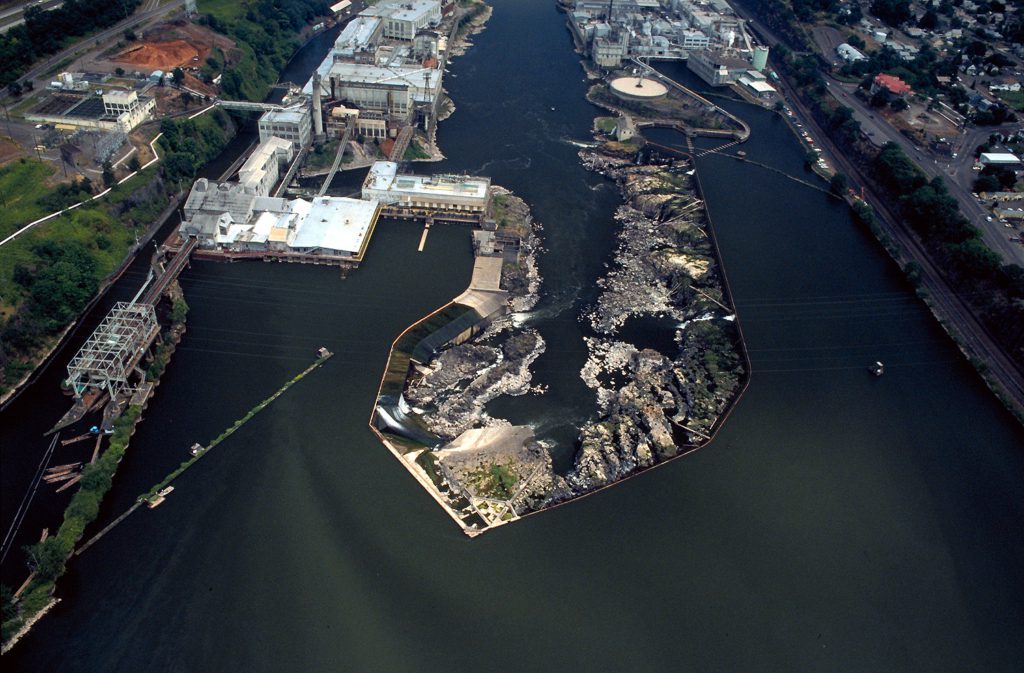
The T. W. Sullivan Hydroelectric Plant in Oregon.
POWERHOUSE:
Do you view mentorship and the need to develop employees to be of particular importance in the hydropower industry?
Mark Jones:
I appreciate that question and that was one of the panels that I worked on for the Northwest Hydroelectric Association’s Annual Conference panel involving resource solutions and workforce solutions. I am focused on those subjects in terms of how they relate to the hydro industry.
Whatever the causes are for the challenges we face today, we have to find some way to solve workforce issues and start getting people more interested in this work.
It’s important to consider the fundamentals: recruit, develop and retain. I work for an architectural engineering firm and, we don’t own any assets, but a lot of people tend to want to be part of something bigger, and we’re hearing that same message repeated over again from some of the universities we work with.
Ask yourself, “How do I tell people that my work is part of an energy solution?” In this industry, you are part of what is being created, regardless of whether you’re designing, managing, operating or maintaining. There’s a lot of things in terms of recruiting people and then developing them, which is an important role for mentorship.

